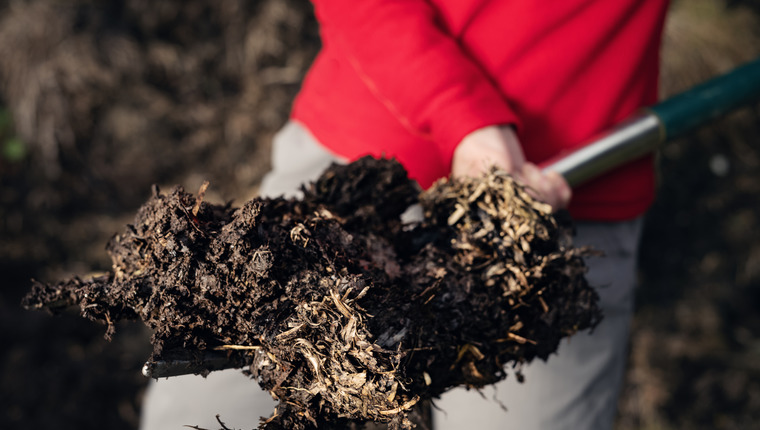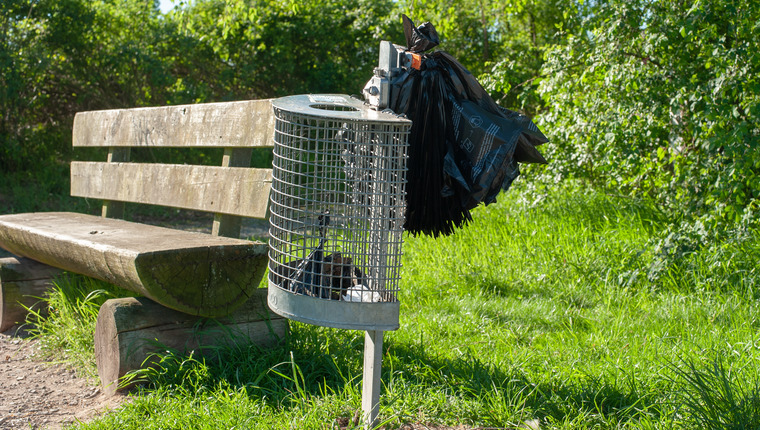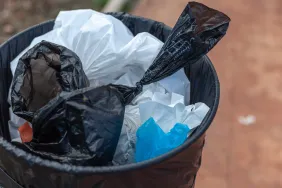
It’s no secret – New York City is going to the dogs. This big city – and New York in general – is known for being extremely dog-friendly. From progressive dog welfare laws to swanky doggy bodegas, along with high accessibility for pets, NYC is a great place to be a dog. One estimate pins the doggie population to be over 600,000 pups in NYC alone.
With this many pups, there’s bound to be lots of waste. New York is already struggling with other man-made pollution. So, some environmental experts are looking at solutions for our pets’ impacts. One neighborhood is testing a potential solution – dog poop composting.
Poop Composting — A Potential for Nationwide Pollution Reduction
Some estimates put New York City’s dog poop production at approximately 27,000 tons annually. That’s no small number. Most of that excrement will hopefully end up in the landfill; however, what irresponsible pet owners don’t clean up has a chance to wash into & contaminate waterways. The community of Battery Park city is doing its part to clean up.
This community has composted nearly 5,700 pounds of pet feces since 2019. The resulting compost is used to grow plants on roadside medians. The once-small program is now looking to expand past the eight dog poop composting bins located in or around the Battery Park’s three dog runs.
The program’s goal is to divert the entirety of Battery Park’s estimated daily 200 pounds of waste away from landfills. So far, the program composts about 10% of that. The organizers of the program hope that similar efforts will be made by other communities.
A Bigger Problem Than the ‘Yuck’ Factor
Of course, nobody likes stepping over dog poop left on sidewalks and roadsides. But besides being just gross, not cleaning up after your pet can have serious impacts. Dog feces can carry roundworms and hookworms, and contact with infected feces can facilitate the spread to pets and people.
Additionally, water contaminated with feces can harbor disease and algae blooms. It’s also possible to compost pet waste at home. This lowers the amount of contamination you’re sending to the landfill, but it can also be a helpful resource for gardeners or those who just want to go a little more eco-friendly.









